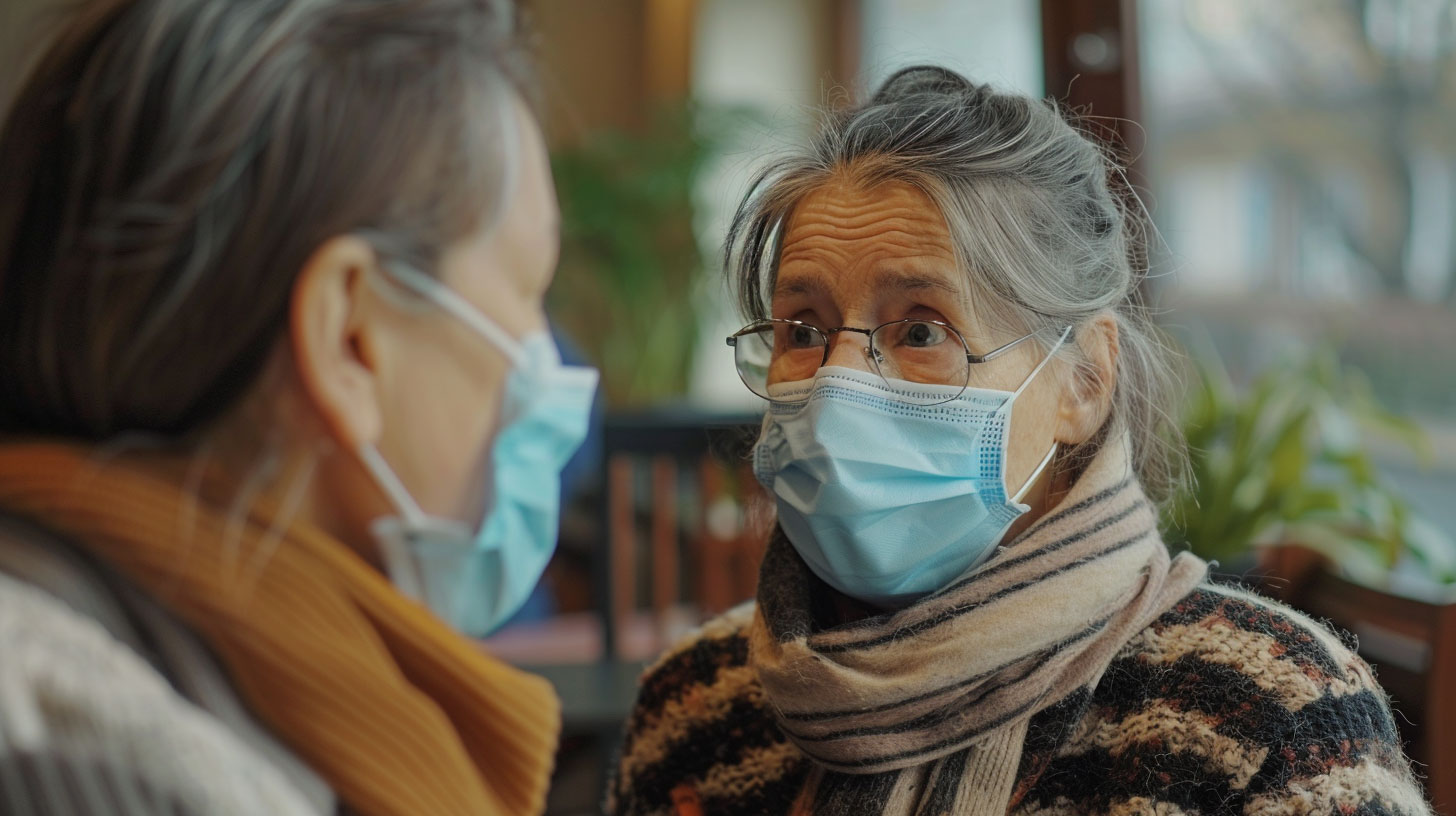The media may not be covering news on covid as much anymore, but it does not mean the risk and impact it has on people with disabilities does not exist.
Below is a summary of how Marvel Care’s Covid-19 Safety Action Plan. For the full pdf plan, please contact us and ask for a copy.
- Participant Testing Protocol:
- If a participant tests positive for COVID-19, the next available worker must organize a PCR test for them.
- Notify the management team and all colleagues. Management will inform external parties involved with the participant.
- Confirm any upcoming scheduled events, appointments, meetings for the participant occurring within 7 days after testing positive. Management will advise on cancellations.
- Participant Temperature Monitoring:
Workers must record the temperature of all participants before the end of their shift and document it in progress notes.
- Rapid Antigen Testing (RAT):
- Complete x1 RAT test every second day before coming on shift. Refer to the Service NSW website for up-to-date requirements.
- Anyone testing positive for COVID-19 or experiencing cold/flu-like symptoms must stay home, notify immediately, and provide notice if cancelling a shift due to symptoms.
- Visitor Protocol:
- Visitors must call and book a visit time to minimize the risk of infection spread on-site.
- Return to Normal Activities for Participants:
- Participants can resume normal activities 7 days after testing positive, only if they are symptom-free.
Why are NDIS participants at higher risk of illness?
NDIS participants, especially those in remote areas or care facilities, have reduced access to healthcare, making them more vulnerable to illness. Assistance should be provided to consult with doctors about their risk and eligibility for antiviral medicines or additional care. Participants can also be assisted in completing pre-assessment action plans for respiratory infections to determine appropriate testing and treatment options.
People at higher risk of severe illness include:
- Individuals aged 70 years and older
- Individuals aged 50 or over with additional risk factors such as obesity, diabetes, cardiovascular disease, chronic lung disease, neurological disease, severe chronic liver or kidney disease, active cancer, or incomplete vaccination
- Aboriginal and Torres Strait Islander people aged 30 years and over with additional risk factors
- Moderately to severely immunocompromised individuals
- Individuals with significant or complex disabilities
- Pregnant women
- Children with complex chronic conditions
Take Action Now: All participants can be assisted in consulting with their doctor to complete pre-assessment action plans for respiratory infections and understand available support. Click here for more information on higher risk individuals.
Join Us at Chekam Solutions: Looking for a supportive workplace committed to safety and well-being? Join us as a business partner, worker, or seek business and career advice. Contact us today!

